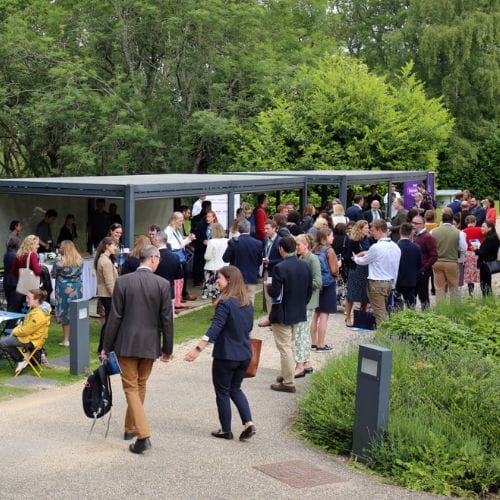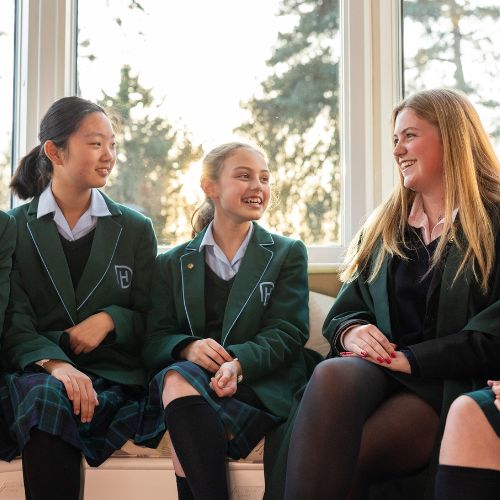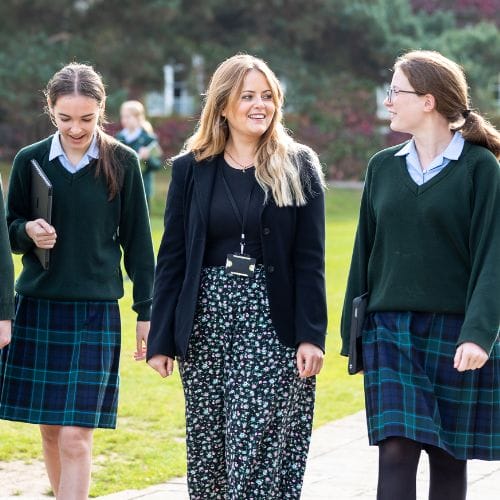
Different schools take different approaches to wellbeing, but school initiatives include: training pupils as mental health first aiders and pastoral mentors; yoga and therapy sessions to reduce stress levels; specialist training in mental health awareness for pastoral staff; remodelling traditional PSHE (Personal, Social and Health Education) classes as ‘Wellbeing Lessons’; and school buildings designed with break-out zones or well-being ‘spaces’ to help pupils relax.
The Covid-19 pandemic had a hugely negative impact on pupils’ – and adults’ – wellbeing. The ever-increasing prevalence of social media is also exposing more and more young people to negative and harmful content online.
So, schools are more aware than ever of the need for positive and effective ways to promote wellbeing.
However, there is much evidence to suggest that one of the most effective ways to boost the self-esteem and confidence of young people is by giving them regular and meaningful opportunities to provide a service for their local communities, and this is something we would like to expand at Downe.
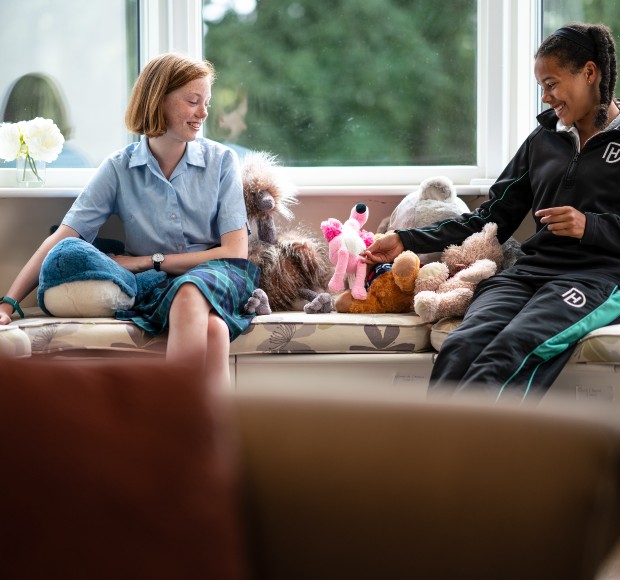
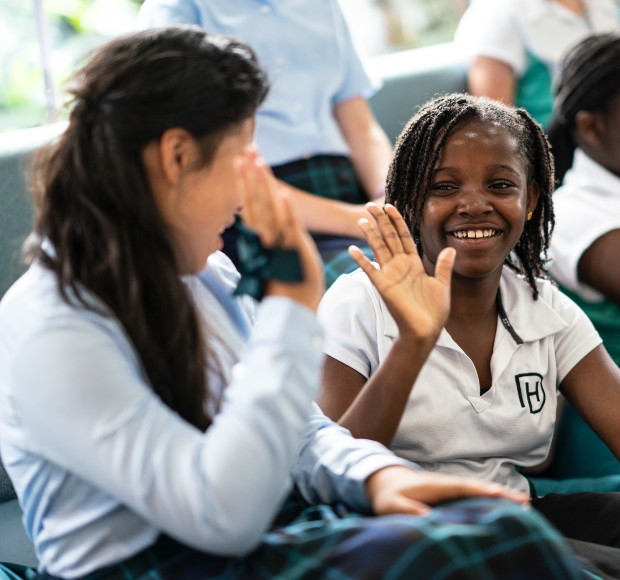
I recently spoke with a group of our Sixth Form students who visited a local primary school once a week, over a period of one academic year, while they were in Year 12.
“I loved it,” said one. “It felt healthy to be doing something different, away from my usual routines. The energy and enthusiasm of the primary children was infectious, and they made me laugh!”
“Volunteering at a primary school gave me a new perspective,” said another. “I learned from the teachers; they were friendly and helpful to me; I became more confident, and I admired their patience with the kids. I think it made me a more understanding person and it taught me how to build relationships with other adults – and younger children, of course!”
Schools provide all sorts of other ‘service’ programmes, normally for Sixth Formers. I remember being very moved by how effectively Sixth Formers at my previous school in Surrey organised a fabulous, annual sports day for local children with profound learning difficulties. The entire event was organised and hosted by these students with tremendous care, attention and dedication – and they loved every moment; they definitely enjoyed it as much as the guests.
Another form of community service is when students – again, normally Sixth Formers – are paired with a local, elderly resident who has requested help of some kind. These requests are usually prompted by a letter from the local school asking if they would benefit from assistance – some help in the garden, maybe, or a trip to the local shop on their behalf, or perhaps simply some conversation.
I participated in such a programme myself when I was a teenager. One of my Sixth Form friends and I were allocated to an elderly villager named Freda, and we visited her for one hour each week. Freda normally asked us to do jobs for her in the garden, and she always rewarded us with cake before we left.
These days such activities require close regulation and bureaucracy, but they can – and do – still happen. It was a highly rewarding, enjoyable and transformational experience for me. It gave me a sense of independence and responsibility; furthermore, Freda enjoyed my visits and that enhanced my sense of self-worth, too.
Dr Anthony Seldon pioneered wellbeing lessons at Wellington College in 2006 when he was Headmaster there. At first, he was heavily criticised for “infantilising” young people. However, as his programme expanded and incorporated practical activities, he showed that wellbeing can “develop the capacity in young people to cope and manage their lives proactively; to nurture good character traits and resilience skills.”
Why the best well-being programmes start from ‘within’
- Many teenagers report that they are bored by the theoretical side of well-being; they prefer hands-on, ‘real’ and practical activities.
- There is evidence that students have a greater sense of wellbeing and self-worth when they are compelled to consider the point of view and welfare of other people, rather than their own.
- Many ‘philanthropic’ activities such as litter picking and organising a sports day for local primary schools provide excellent opportunities for team-building. They also provide a distinctive ‘feel-good factor’ as they involve lots of people and there is a positive outcome.
- ‘Service’ related activities often prove to be very effective at helping students in other areas of their lives; for example, they report how they concentrate better in class and feel increased levels of self-esteem because they have spent time out of their usual routine and away from their usual day-to-day anxieties.

Mr Matt Godfrey
godfreym@downehouse.net
